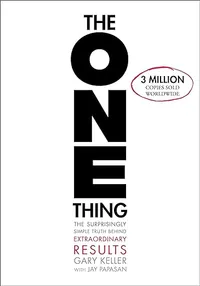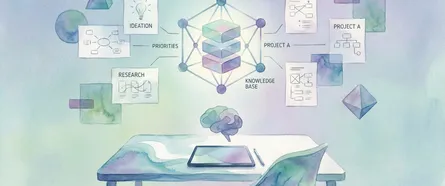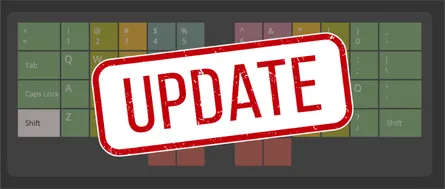
The Best Problems To Have
- Eric Kraus
- productivity
- Sep 19, 2016
A big opportunity is better than a small one, but a small problem is better than a big one.
I’m generally not a big book reader. I usually absorb content/information in other manners. (EDIT: disregard my goal of reading 100 books in 2018 .) However, there are a few books that I’ve read that have made a large impact on my life. The ONE Thing by Gary Keller was one of those books.
Problems that are Too Big
One of the reasons we have challenges starting work is that we can’t visualize what success looks like in the short-term. As humans, we often don’t do or even start things we’re not good at. Procrastination can be fear of failure getting in the way. We ask ourselves questions like: Where do I start? Is that the right place to start? When will I be done? What does success look like? How long will it take? …causing a perpetual state of analysis.
In some circumstances, it is important to perform such planning. In others, it can completely stall our ability to start.
We are kept from our goal, not by the obstacles but by a clear path to a lesser goal.
Smaller Problems Are Easier
By breaking down goals into small problems, we are able to prioritize, estimate, and align activities to be successful. We also benefit from the happy feelings (dopamine) that completing tasks gives us. It’s natures way of giving us the energy for the next round.
An Ounce of Progress Today Is Better Than a Pound of Planning Yesterday
I’m borrowing an old idiom on prevention and cure and adapting it slightly to apply here on success. “An ounce of progress today is better than a pound of planning yesterday.” Ironically, our own fear of success often gets in the way of us being successful. In many cases, it is better to start anything today and learn as you go, than plan for a long period of time and never begin.
In software development, this is called an Agile Software Development Methodology . It’s based on the principle that teams can respond to business challenges better by delivering small functions of a product sooner rather than attempt to complete the entire solution all at once over a longer duration. Because of its success, it has become the de facto standard that most teams claim to work by.
Tricking Your Brain
I also use this technique to trick my brain into doing tasks that aren’t as enjoyable. Finding a smaller sub-task within the larger, has been a way to kick start the motion and often accidentally leads into doing the large task.
Repair deck stairs? Ugh… Drive to The Home Depot for some supplies? Ok! - Not sure why that single task is more interesting to my brain, but it is! And then after I get home, I often find myself unloading wood, screws…getting out the saw, etc. Fast forward 3 hours, I’m enjoying a lemonade on my new stairs!
Listening and paying attention to your own brain’s preferences for things like this can be a huge hack to kick starting larger tasks.
Call To Action
We all have many goals, TODOs, etc…and probably some we’ve been holding onto for awhile. It would be overwhelming (and impossible) to start all of them tomorrow. However, with the right sizing and prioritization of small portions, we can at least start in the right direction and make adjustments as we go.


